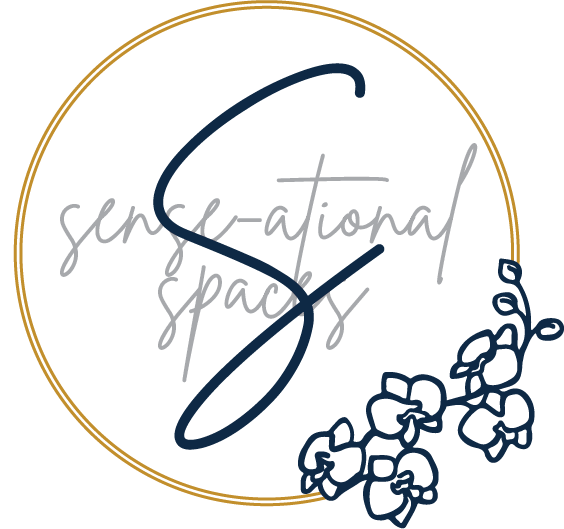Messy Play
What is Messy Play?
Messy play is integral to children’s development. Messy play is any type of play where children get dirty and can explore in a self-directed, open-ended way (Whalen, 2022). Messy play is a form of sensory play, where children explore materials or the environment through their senses (Beck, 2013). When engaging in messy play, children can explore different textures, manipulate materials, smell new things, and more (Beck, 2013).
What are the Benefits of Messy Play?
Messy play provides many benefits to support children’s development and growth, such as:
Opportunities for sensory exploration and regulation
Enhances fine and gross motor skills
Language and social skill development
Reduced stress and anxiety
Enhanced creativity, independence, and confidence
Enhanced cognition
Ideas for Messy Play
SENSE-ational Spaces custom sensory bin
There are many ways to engage your child in messy play! It is important to remember that messy play is most beneficial when directed by your child, as this allows them to have fun and be creative. Some messy play ideas include:
Playing in a sink with water, sponges, soap, cups, and more
Playing in nature - get dirty in the mud, water, sand, and more!
Finger painting, painting with ice, or painting with shaving cream
(Beck, 2013; Whalen, 2022)
References
Beck, C. (2013, September 5). Why kids need messy play ideas. The OT toolbox. https://www.theottoolbox.com/messy-sensory-play-for-kids/
Hartling, M. (2017, April 21). The benefits of messy play. Early Childhood Development Association. https://www.ecdevelopment.co/2017/04/21/the-benefits-of-messy-play/
Play Matters. (2022, March 23). The benefits of messy play. https://playmatters.org.au/blog/the-benefits-of-messy-play
Whalen, K. (2022, August 30). Embrace the mess!: 4 benefits of messy play. Teaching Strategies. https://teachingstrategies.com/blog/embrace-the-mess-4-benefits-of-messy-play/









